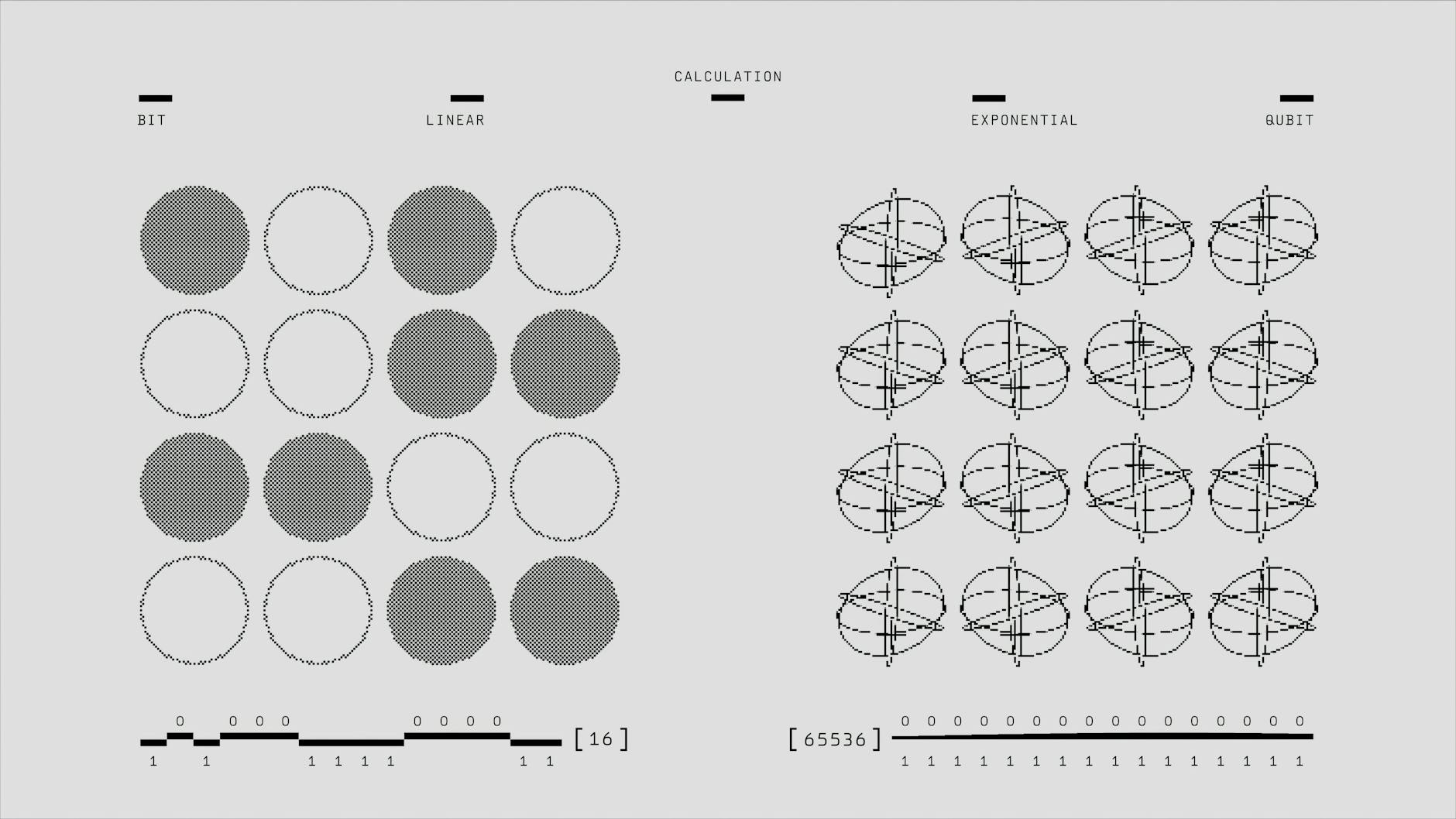Quantum Computing's Implications on Cybersecurity

The Age of Quantum Computing: A New Frontier
As quantum computing technology progresses rapidly, the implications on cybersecurity are becoming increasingly significant. This article explores how quantum computing could revolutionize encryption methods and the potential challenges it poses to traditional cybersecurity practices.
Breaking Encryption: The Threat and the Promise
One of the most discussed topics in the realm of quantum computing and cybersecurity is its ability to break conventional encryption algorithms. Quantum computers have the potential to decipher complex codes in a fraction of the time it would take traditional computers, posing a serious threat to sensitive data and communications.
On the other hand, quantum computing also offers the promise of new, stronger encryption methods that could withstand quantum attacks. Researchers are working on developing quantum-resistant algorithms that can secure data in the age of quantum computing.
Post-Quantum Cybersecurity: Preparing for the Future
As the race towards quantum supremacy continues, organizations and governments must start preparing for the post-quantum era of cybersecurity. This involves investing in research and development of quantum-safe encryption methods, updating infrastructure, and training cybersecurity professionals to defend against quantum threats.
- Key Takeaways
- - Quantum computing poses both threats and opportunities for cybersecurity.
- - The need for post-quantum encryption methods is urgent.
- - Organizations must start preparing for the impact of quantum computing on cybersecurity.





